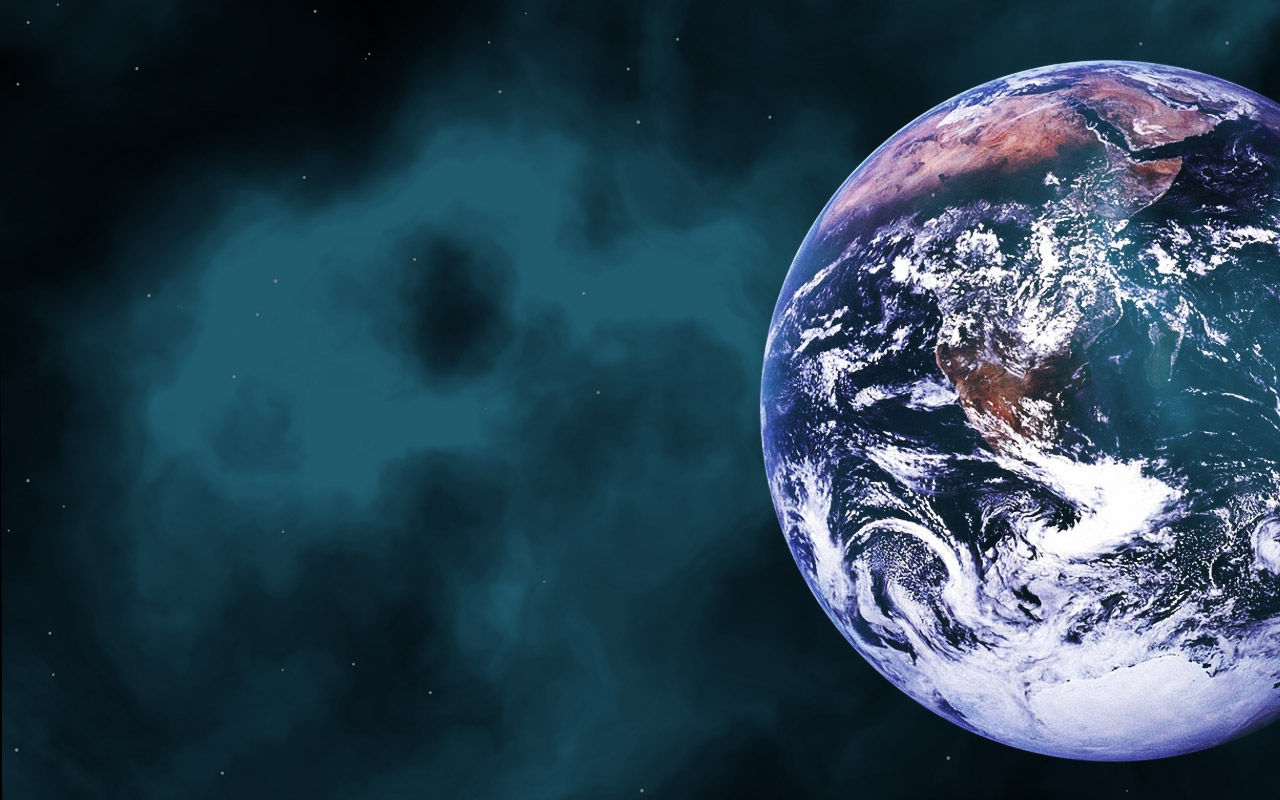
Remote Sensing and Global Climate Change
"The Intergovernmental Panel on Climate Change, a group of 1,300 independent scientific experts from countries all over the world... concluded there's a more than 90 percent probability that human activities over the past 250 years have warmed our planet.
The industrial activities that our modern civilization depends upon have raised atmospheric carbon dioxide levels from 280 parts per million to 379 parts per million in the last 150 years." (IPCC)
"The panel also concluded ... 90 percent probability that human-produced greenhouse gases such as carbon dioxide, methane and nitrous oxide have caused much of the observed increase in Earth's temperatures over the past 50 years." (IPCC)
"The greenhouse effect is actually essential to our existence: The sun warms the earth, and certain gases (including carbon dioxide and water vapor) act like the glass of a greenhouse, trapping heat and keeping the planet’s surface warm enough to support life. However, measuring humanity’s effect on the concentration of greenhouse gases is a key issue in understanding global climate change. Industry and other human activity add carbon dioxide to the atmosphere. This strengthens the greenhouse effect and may cause a significant warming trend.Understanding how the atmosphere works is fundamental to understanding climate change. The atmosphere is composed of layers of air, each with its own temperature patterns. Researchers must determine whether changes in temperature or air circulation are part of complex, longer-term cycles. And the interconnections between air, sea, and land mean that any change could have multiple causes—and multiple effects". (source)
"The Earth's climate has changed throughout history. Most of these climate changes are attributed to very small variations in Earth’s orbit that change the amount of solar energy our planet receives. The current warming trend is of particular significance because most of it is very likely human-induced and proceeding at a rate that is unprecedented in the past 1,300 years. Earth-orbiting satellites and other technological advances have enabled scientists to see the big picture, collecting many different types of information about our planet and its climate on a global scale. Studying these climate data collected over many years reveal the signals of a changing climate". (NASA)
Facts about climate not in dispute:
-
Increased levels of greenhouse gases cause the Earth to warm
-
Ice cores show past changes slow not fast like current changes
Gases that contribute to the greenhouse effect: (NASA)
-
Water Vapor (H2O)
-
Most abundant GH gas
-
Increases as Earth's atmosphere warms --> increases possibility of clouds and precipitation
-
-
Carbon Dioxide (CO2)
-
Minor but very important part of atmosphere
-
Released naturally- respiration & volcano
-
Released through human activities
-
Deforestation, land use changes, & burning fossil fuels
-
Increased atmospheric CO2 concentration by a third since the Industrial Revolution started
-
-
-
Methane (CH4)
-
Produced naturally sources
-
digestion & manure management- domestic livestock
-
-
Produced through human activities
-
Decomposition of landfill waste, agriculture, rice cultivation, & factory farming
-
-
Methane is worse than CO2 but much less abundant in atmosphere
-
-
Nitrous oxide (N2O)
-
Produced by fossil fuel combustion, nitric acid production, & biomass burning
-
Also produced by soil cultivation practices
-
Use of commercial & organic fertilizers
-
-
-
Chlorofluorocarbons (CFCs)
-
Synthetic compounds used in many ways
-
Now largely internationaly regulated in production & release to the atmosphere
-
Contribute to destruction of the ozone layer
-
"On Earth, human activities are changing the natural greenhouse. Over the last century the burning of fossil fuels like coal and oil has increased the concentration of atmospheric carbon dioxide (CO2). This happens because the coal or oil burning process combines carbon with oxygen in the air to make CO2. To a lesser extent, the clearing of land for agriculture, industry, and other human activities have increased concentrations of greenhouse gases.
The consequences of changing the natural atmospheric greenhouse are difficult to predict, but certain effects seem likely:
-
On average, Earth will become warmer. Some regions may welcome warmer temperatures, but others may not.
-
Warmer conditions will probably lead to more evaporation and precipitation overall, but individual regions will vary, some becoming wetter and others dryer.
-
A stronger greenhouse effect will warm the oceans and partially melt glaciers and other ice, increasing sea level. Ocean water also will expand if it warms, contributing further to sea level rise.
-
Meanwhile, some crops and other plants may respond favorably to increased atmospheric CO2, growing more vigorously and using water more efficiently. At the same time, higher temperatures and shifting climate patterns may change the areas where crops grow best and affect the makeup of natural plant communities." (NASA)
A layer of greenhouse gases – primarily water vapor, and including much smaller amounts of carbon dioxide, methane and nitrous oxide – act as a thermal blanket for the Earth, absorbing heat and warming the surface to a life-supporting average of 59 degrees Fahrenheit. (NASA)


